The most common slang term for a woman in the 1920s was “flapper”. You would also hear “doll” and “dame”. These were the most widespread, all-purpose terms. Other terms that were more specific included “fire alarm” and “fire bell” for divorced and married women respectively. Other terms included “rock of ages” and “tomato”.
The 1920s was a time rich in new slang.
Relationships and social expectations between men and women were at best changing and at worst completely breaking down.
While this had always been going on under the surface, things were very different in this time, and this is reflected in how women talked about themselves and how others talked about them.
Let’s find out more.
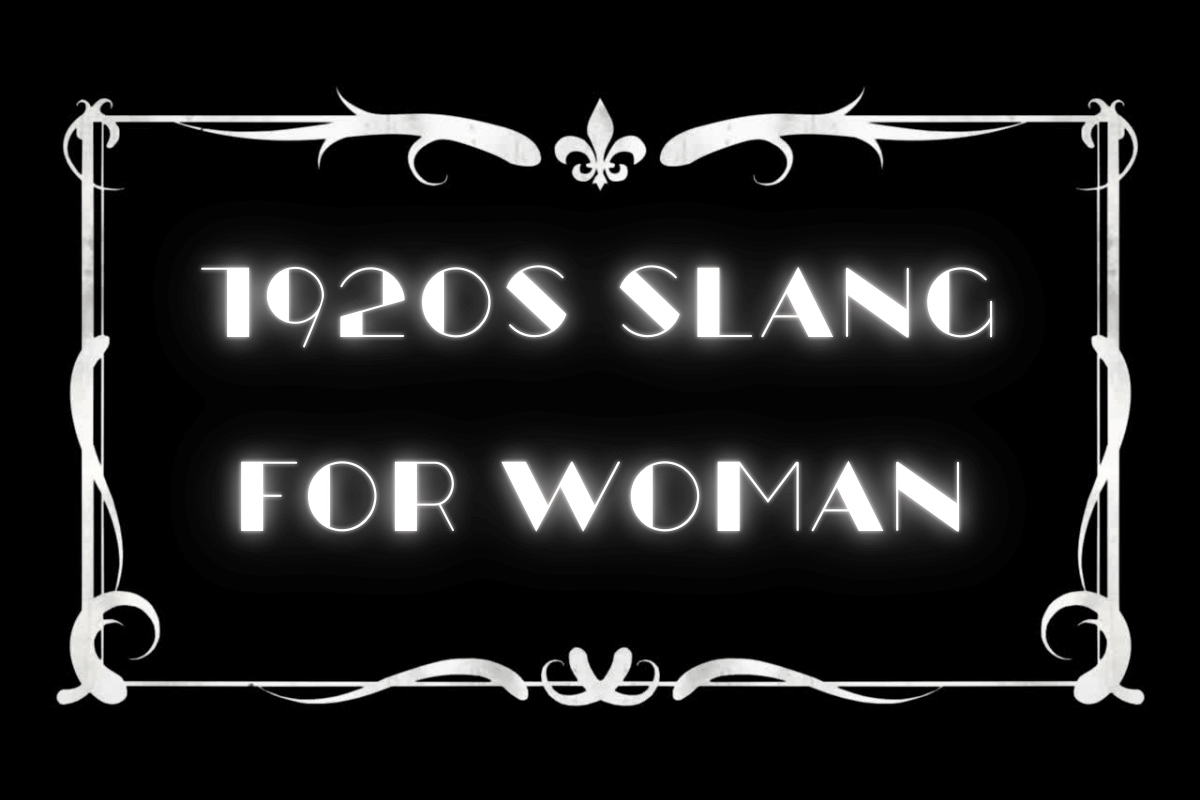
1920s Slang For Woman
Broad
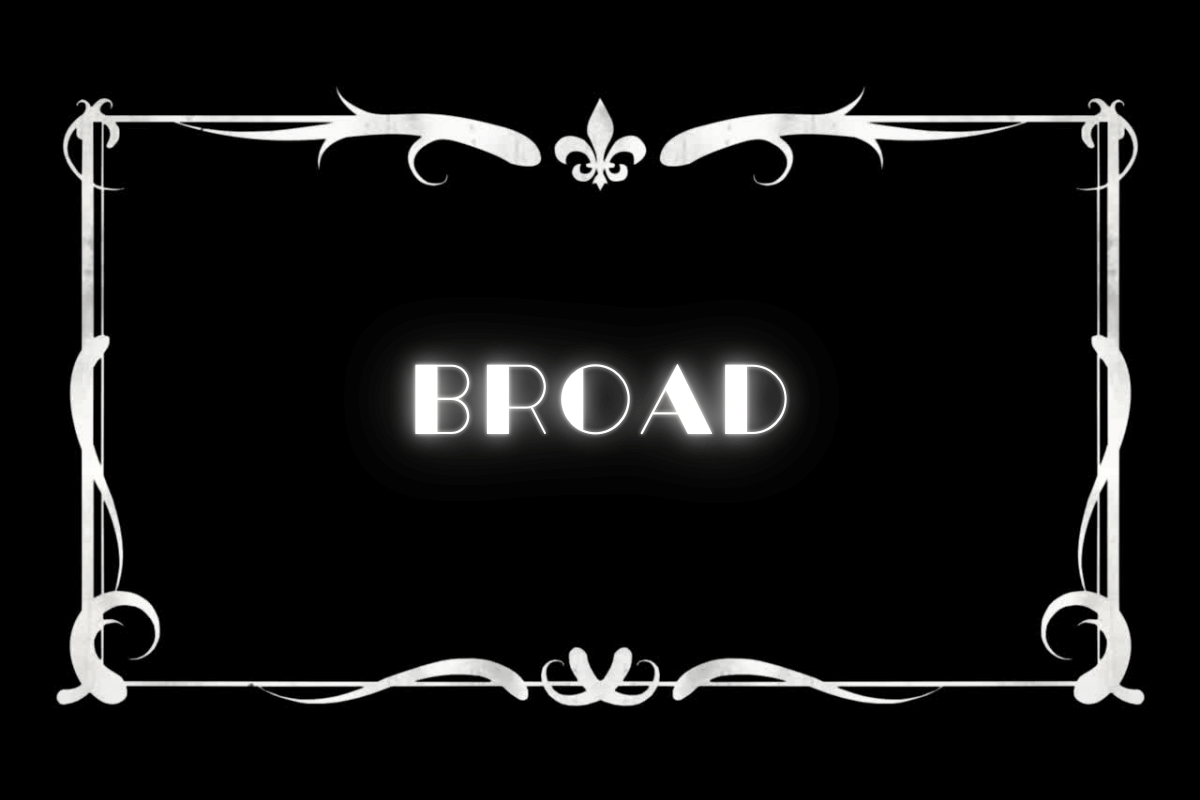
In the 1920s, “broad” was a popular slang term for a woman, particularly one who was seen as confident, strong, and sometimes rebellious.
While it could be used to refer to women in general, it was often associated with those who didn’t conform to traditional expectations of femininity.
The term could have a slightly rough or negative connotation, implying that the woman in question was no-nonsense and not particularly delicate.
The term fit well within the context of the 1920s, a time when women were challenging societal norms, gaining more independence, and embracing more liberated lifestyles.
It was part of the new lexicon that emerged as the flapper era and women’s rights movements gained momentum.
Examples in sentences:
- “That broad sure knows how to take care of herself.”
- “She’s no shrinking violet, that’s for sure. She’s a real broad.”
- “You won’t find any ‘broad’ playing the part of the damsel in distress in this story.”
- “He was totally captivated by that broad at the jazz club.”
- “Don’t mess with her, she’s a tough broad.”
Chick
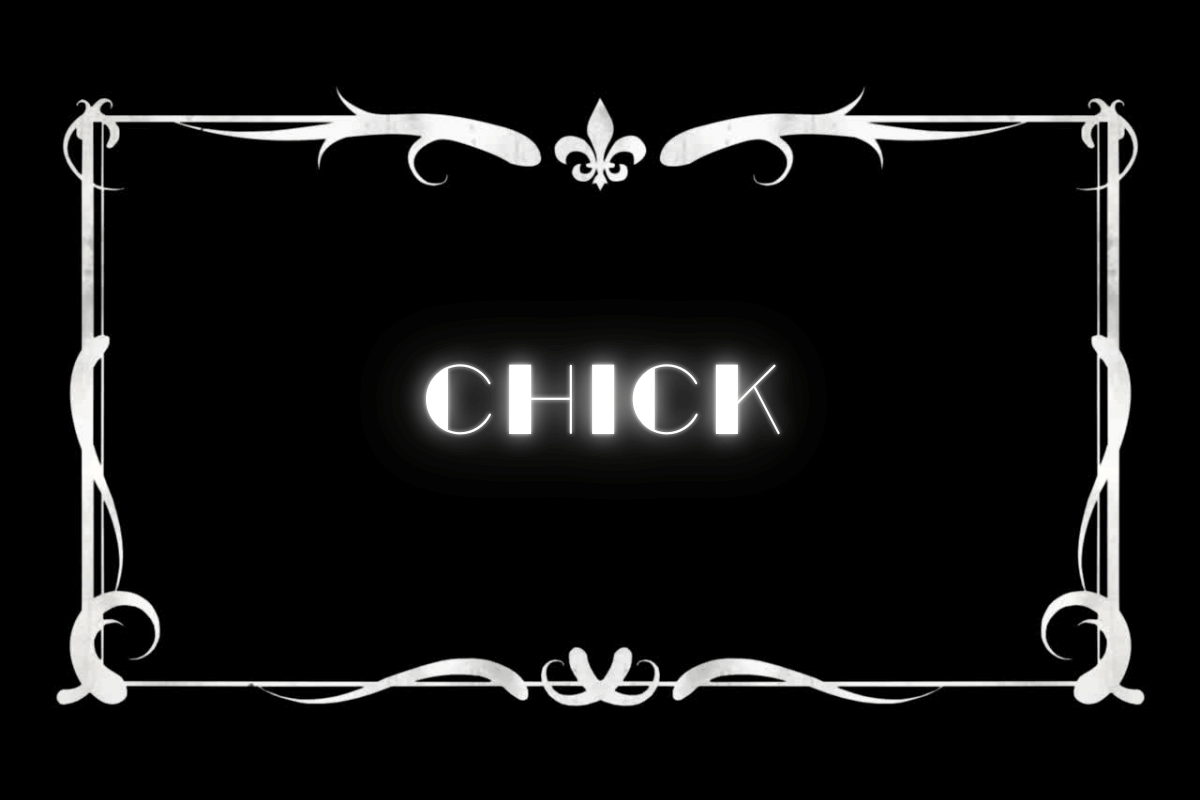
In the 1920s, “chick” was a popular term used to describe a young woman, often with a sense of affection or endearment.
It was used widely in the same casual way as calling someone “girl” today, though it sometimes carried a playful or even slightly patronizing tone depending on the context.
“Chick” was more common among younger generations and was often used in social settings like jazz clubs and speakeasies.
Though the term might seem quaint or old-fashioned now, it was part of the lexicon of the Roaring Twenties, when women were beginning to embrace a new sense of freedom and independence, reflected in their clothing, attitudes, and behaviors.
Examples in sentences:
- “That chick over there is really giving me the eye.”
- “Hey, let’s go grab a drink with the chicks at the speakeasy.”
- “I saw that chick dancing the Charleston like nobody’s business.”
- “Don’t mess with her; she’s a real chick of the 1920s.”
- “That chick knows how to have a good time and look good doing it.”
Dame
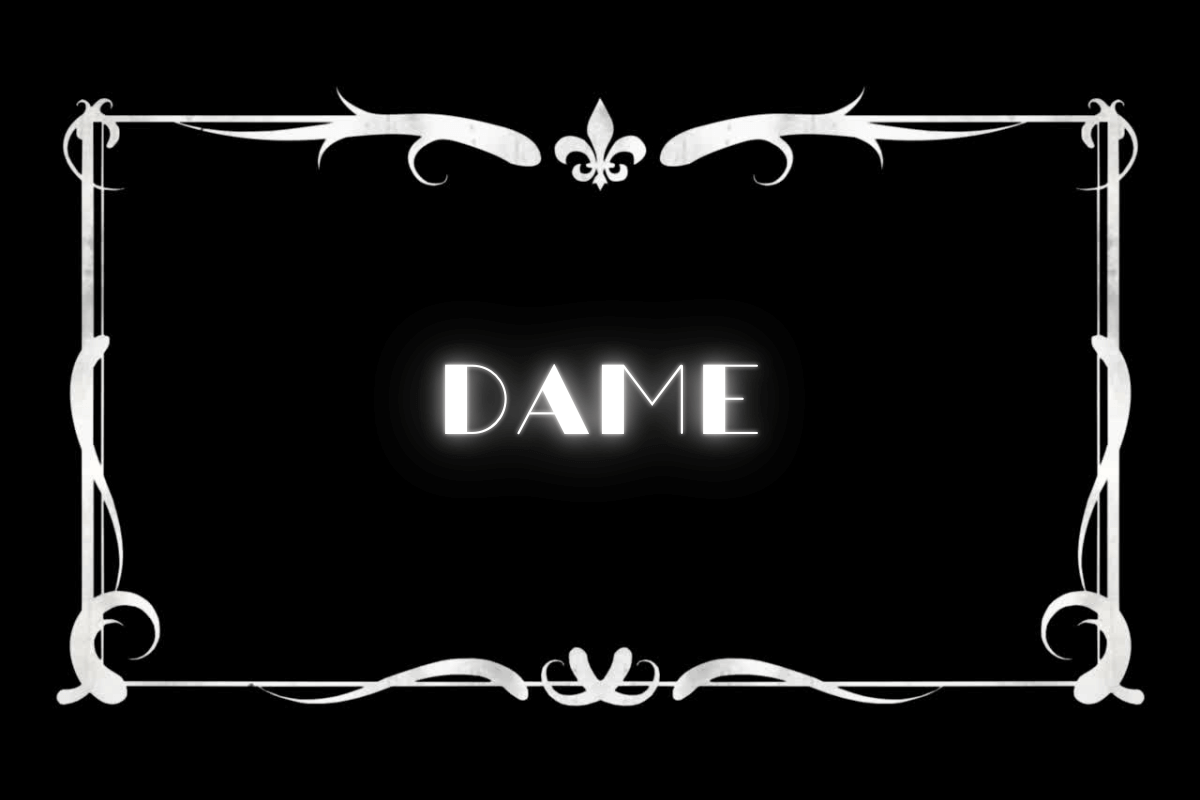
In the 1920s, the term “dame” was used to refer to a woman, typically one with a certain level of maturity or respectability.
While it could be used simply as a neutral descriptor, it often carried an air of sophistication or an old-world charm.
It was a bit more formal than some of the more casual slang terms like “chick” or “flapper,” but still common in everyday speech.
The use of “dame” was not restricted to the 1920s, as it had been in circulation for quite a while by that time, though it remained popular through the decade.
It could be used affectionately or in a more humorous, ironic way depending on the speaker’s tone and context, especially when used by men talking about women they found attractive or intriguing.
Examples in sentences:
- “She’s a real dame, always with her head held high.”
- “That dame knows how to make an entrance at a party.”
- “He called her a dame, but she didn’t mind—she liked the respect it implied.”
- “You’d never catch that dame without her lipstick perfectly in place.”
- “That dame’s got style and grace, she’s the epitome of a lady.”
Doll

The term “doll” was one of the most commonly used slang words for a woman in the 1920s.
It was typically used to refer to a woman who was considered attractive, and the term carried a certain sweetness or affection.
However, it could also be seen as patronizing or infantilizing, depending on how it was used.
While some women embraced it as a compliment, others found it demeaning, reflecting the broader social tension between gender expectations and empowerment during the era.
It’s important to note that “doll” was often used in a flirtatious or lighthearted context.
A man might refer to a woman he admired or found charming as a “doll,” but this could also carry an air of objectification.
Despite the mixed connotations, the term remained popular throughout the 1920s, often used in the fast-paced social interactions of the time.
Examples in sentences:
- “Hey doll, how about a dance?”
- “She’s a real doll, always making everyone smile.”
- “Don’t call me doll—I’m not your possession.”
- “That doll knows how to work the room with her charm.”
- “You look like a million bucks, doll, where’d you get that dress?”
Fire Alarm
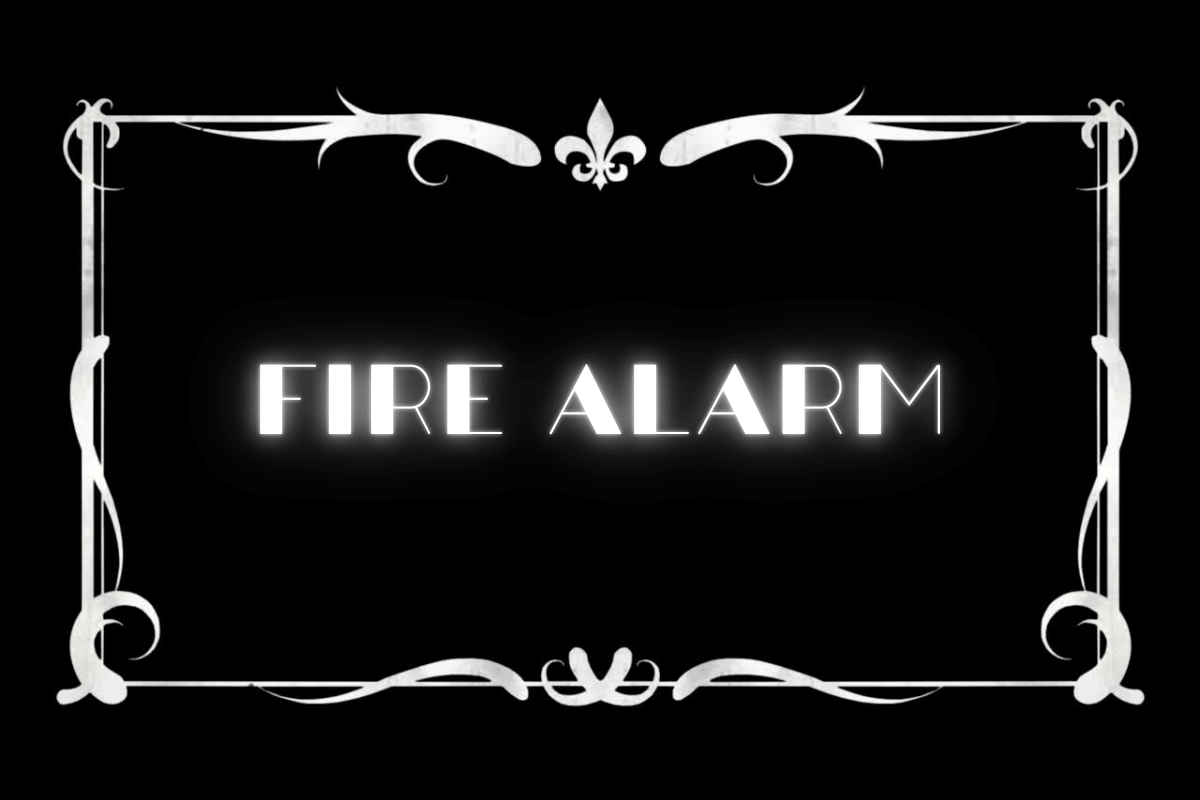
In 1920s slang, a “fire alarm” was a term used to describe a divorced woman.
The origins of this phrase are not entirely clear, but it likely played on the idea of an alarm signaling danger or urgency—perhaps suggesting that a divorced woman was someone to be noticed or even approached with caution.
Unlike some other slang terms of the era, “fire alarm” wasn’t necessarily derogatory, but it was certainly informal and often used in a playful or teasing manner.
The term was commonly paired with “fire bell,” which referred to a married woman.
Together, these phrases reflected the shifting attitudes toward relationships and marriage in the Roaring Twenties.
With social norms evolving and women gaining greater independence, terms like “fire alarm” may have been used both to describe and to poke fun at the changing dynamics of the time.
Examples in sentences:
- “I wouldn’t waste your time on her, pal—she’s a fire alarm.”
- “Every fella in town knows she’s a fire alarm, and none of ‘em mind one bit.”
- “She’s not just a fire alarm; she’s the whole fire brigade!”
- “I hear that fire alarm just got herself a brand-new roadster.”
- “Divorced or not, that fire alarm sure knows how to have a good time.”
Fire Bell
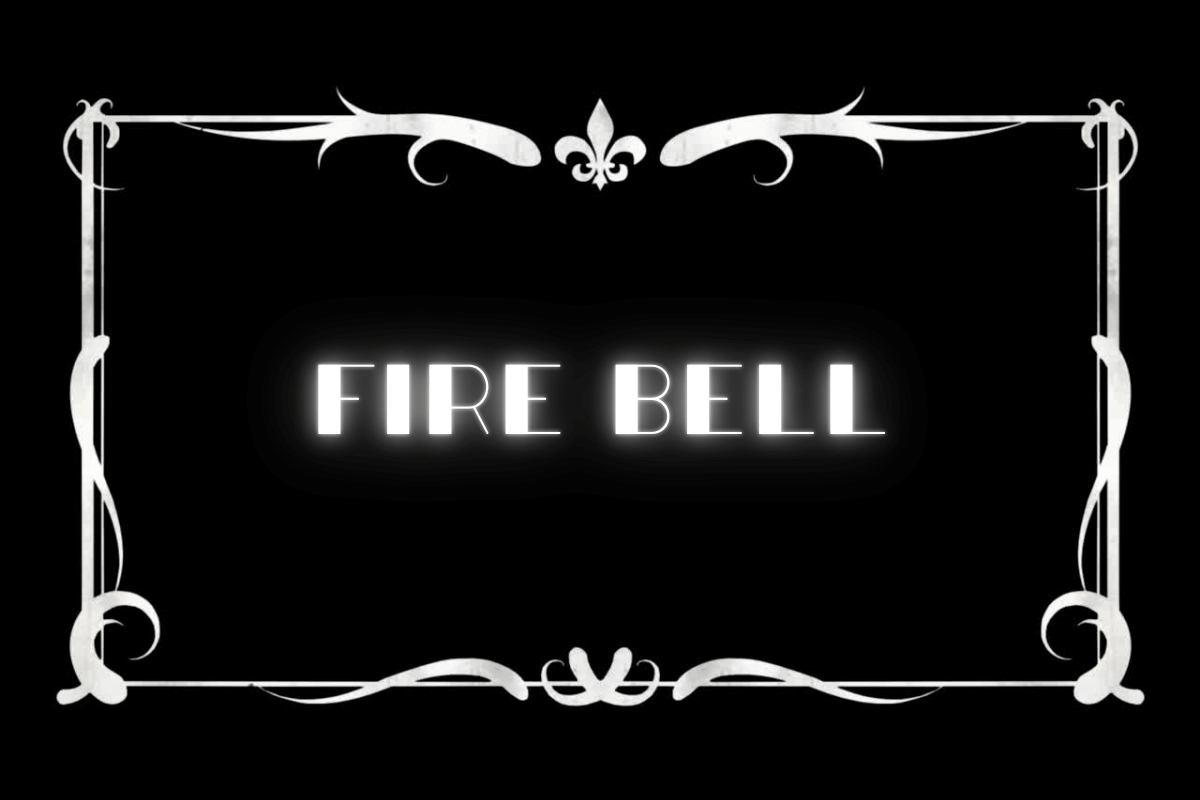
In 1920s slang, a “fire bell” was a term used to describe a married woman.
It was often mentioned alongside “fire alarm,” which referred to a divorced woman.
The exact origins of the phrase are unclear, but it likely played on the idea of a fire bell being a signal of something already claimed or spoken for—just as a married woman was considered unavailable.
This term, like many from the era, reflected the changing attitudes toward relationships in the Roaring Twenties.
With women gaining more independence and challenging traditional roles, slang terms like “fire bell” may have been used to humorously categorize women’s social positions.
While it wasn’t necessarily an insult, it was certainly informal and likely used in a joking manner among men discussing romantic prospects.
Examples in sentences:
- “Don’t waste your time, fella—she’s a fire bell.”
- “He finally settled down with a fire bell, but he still talks like a sheik.”
- “That fire bell knows how to throw a real swell party.”
- “I can’t believe Joe’s tying the knot—he’s about to make a fire bell out of his doll.”
- “A fire bell like her? You better believe she runs the show at home.”
Flapper
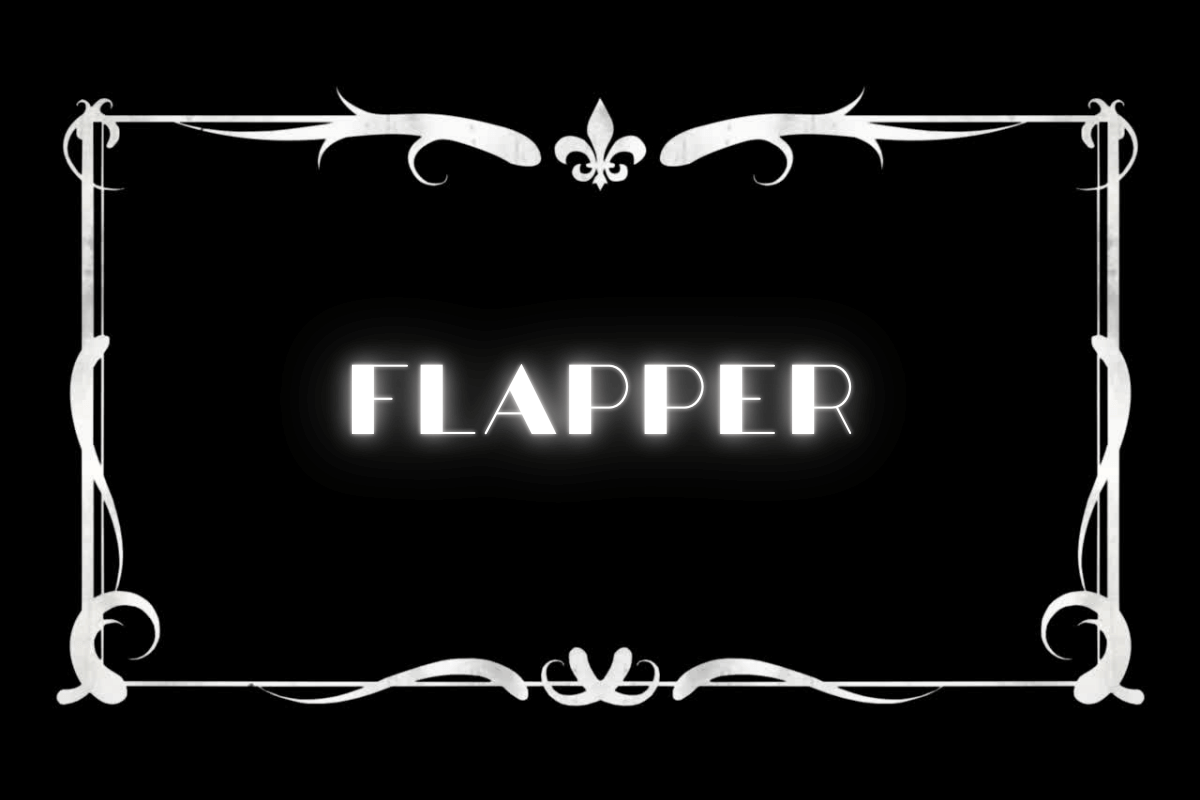
The term “flapper” was one of the most defining slang words of the 1920s, referring to young women who embraced a new, rebellious lifestyle.
Flappers rejected traditional norms by wearing shorter skirts, cutting their hair into bobs, smoking and drinking in public, and dancing to jazz music.
They were seen as the embodiment of the era’s energetic and progressive spirit.
While some viewed flappers as a symbol of female empowerment, others saw them as reckless or scandalous.
Regardless of opinion, flappers left a lasting cultural impact, helping to redefine women’s roles in society.
The term remains one of the most enduring symbols of the Roaring Twenties.
Examples in sentences:
- “She’s a real flapper—always out dancing and having a grand time.”
- “Only a flapper like her would wear a dress that short!”
- “The flappers at the club last night sure knew how to have fun.”
- “My sister’s become a flapper—bobbed hair, jazz music, the whole bit.”
- “Some folks disapprove, but I think flappers are the bees’ knees.”
Georgia Peach
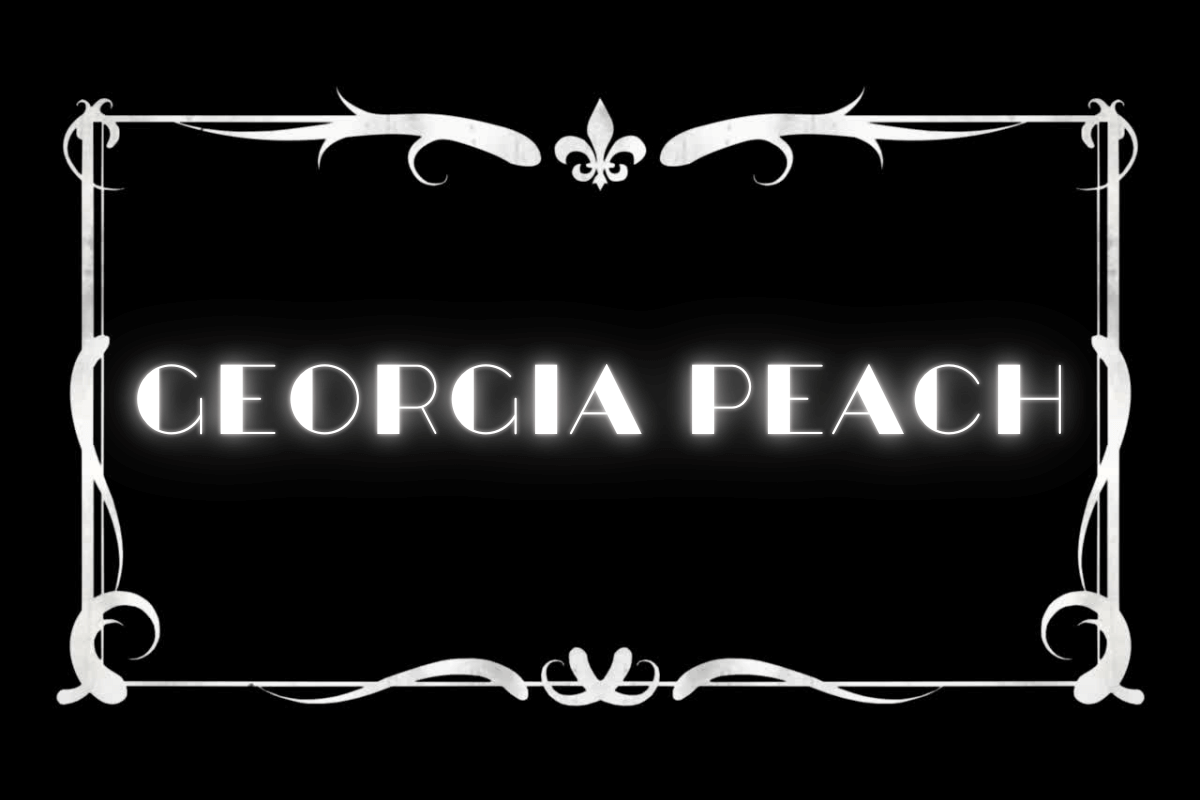
The term “Georgia Peach” was used in the 1920s to describe a beautiful woman, much like how a ripe peach is seen as sweet and desirable.
While it could be used as a general compliment, it often carried a connotation of Southern charm, grace, and warmth, inspired by Georgia’s reputation for producing high-quality peaches.
It was an affectionate and flattering term, commonly used by men to express admiration.
Unlike some other slang for women in the 1920s, “Georgia Peach” was not generally considered derogatory, making it a popular way to describe someone who was both lovely in appearance and pleasant in demeanor.
Examples in sentences:
- “That new girl at the club is a real Georgia Peach.”
- “She’s got the looks and the charm—truly a Georgia Peach.”
- “Every fellow in town wants to take that Georgia Peach out for a dance.”
- “He called her his Georgia Peach, and she just smiled.”
- “With that smile and those curls, she’s a Georgia Peach for sure.”
Rock of Ages
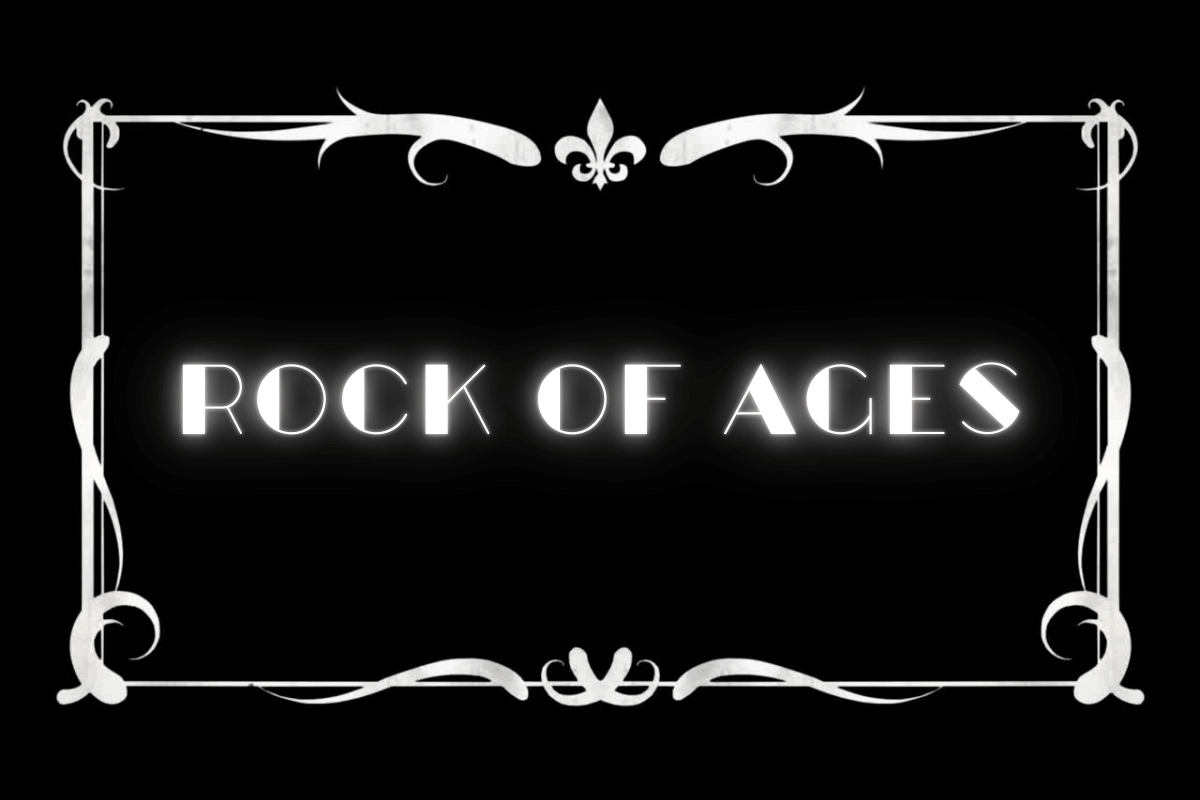
“Rock of Ages” was a 1920s slang term used to refer to an older woman, particularly one seen as being beyond the age of youthful romance or social excitement.
The phrase likely drew inspiration from the well-known hymn “Rock of Ages,” which emphasized steadfastness and endurance, though in this slang usage, it was often used in a more teasing or dismissive way.
The term wasn’t necessarily meant as an insult, but it did carry a connotation that the woman in question was no longer part of the younger, carefree social scene that defined the Roaring Twenties.
Some women might have taken offense to being called a “Rock of Ages,” while others may have worn it as a badge of wisdom and experience.
Examples in sentences:
- “She used to be the life of the party, but now she’s a real Rock of Ages.”
- “Don’t call her a Rock of Ages to her face unless you want trouble.”
- “He still flirts like he’s twenty, but she says she’s a Rock of Ages now.”
- “The flappers are out dancing, while the Rock of Ages stay home.”
- “She laughed and said, ‘Guess I’m just a Rock of Ages these days.’”
Tomato
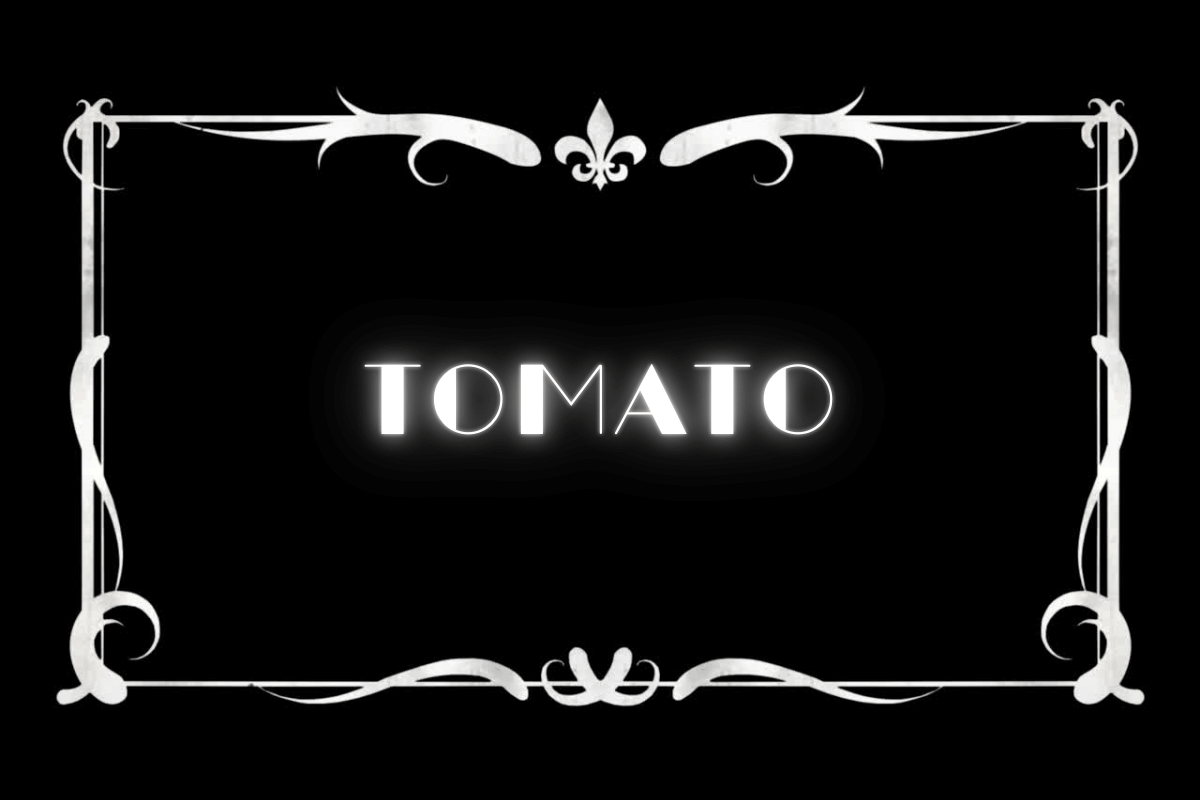
In 1920s slang, “tomato” was used to describe a young woman, often with the implication that she was attractive but not particularly bright.
The term likely stemmed from the idea of a ripe, juicy tomato being visually appealing, drawing a comparison to a woman’s looks.
However, the exact origins remain uncertain.
While some used the term in a lighthearted or even affectionate way, others saw it as dismissive or condescending.
The Roaring Twenties saw a rise in independent women, and some likely rejected terms like “tomato” that reduced them to their appearance.
Still, it was a widely recognized slang term in the era.
Examples in sentences:
- “She’s a real tomato, but don’t expect her to know much about politics.”
- “That tomato over there has every guy in the joint staring.”
- “A fella’s gotta be careful—some tomatoes are all looks and no brains.”
- “He walked in with a new tomato on his arm every week.”
- “She hated being called a tomato, but the guys wouldn’t stop.”

